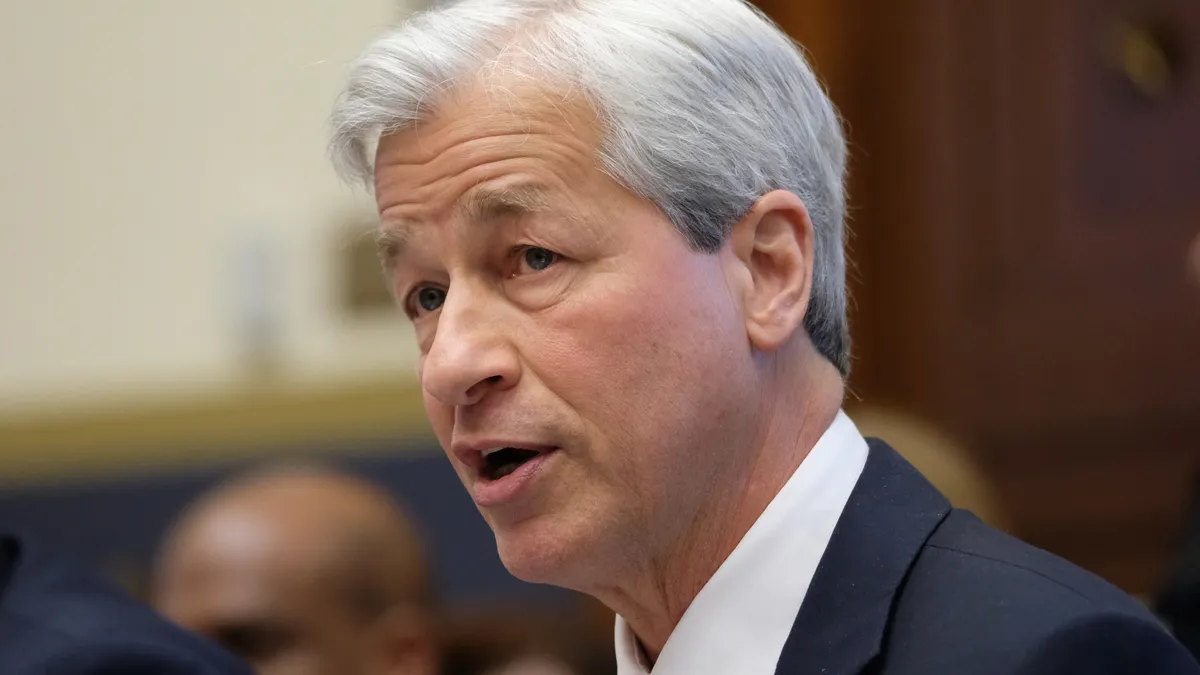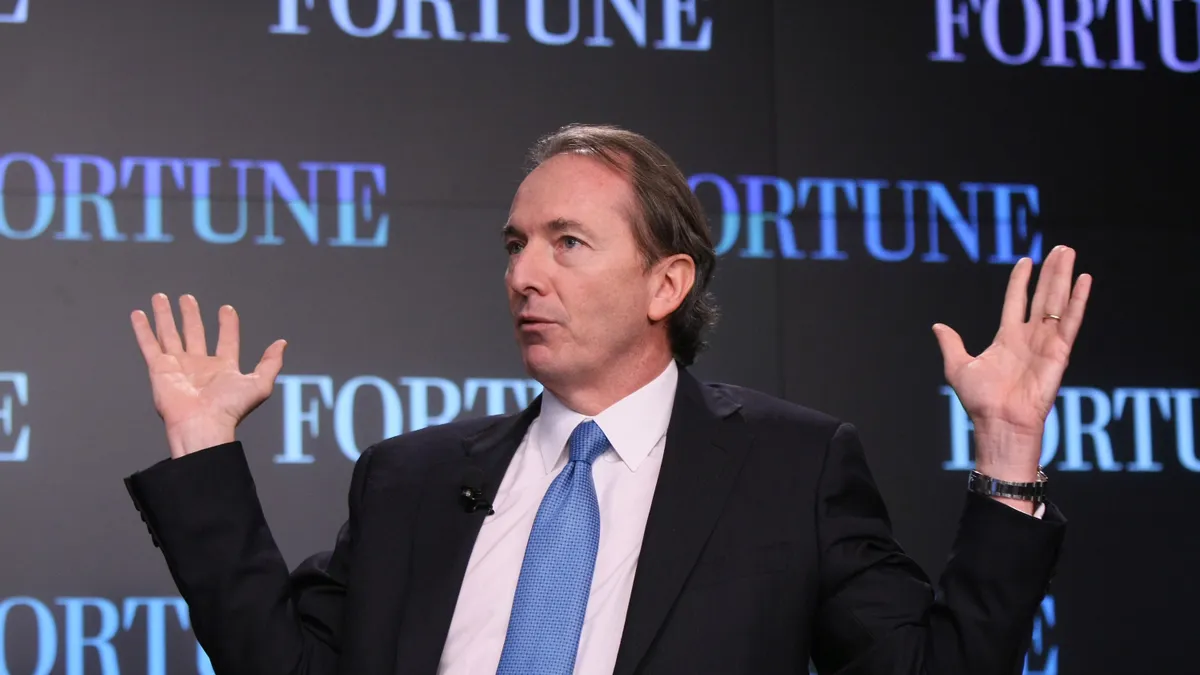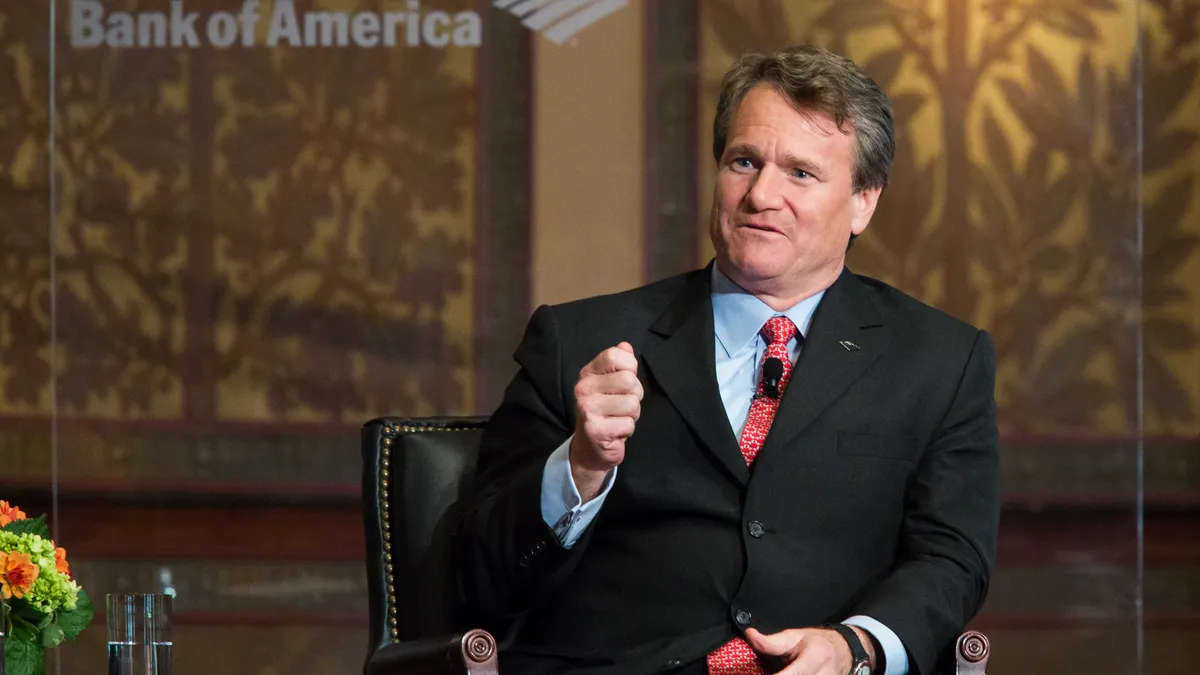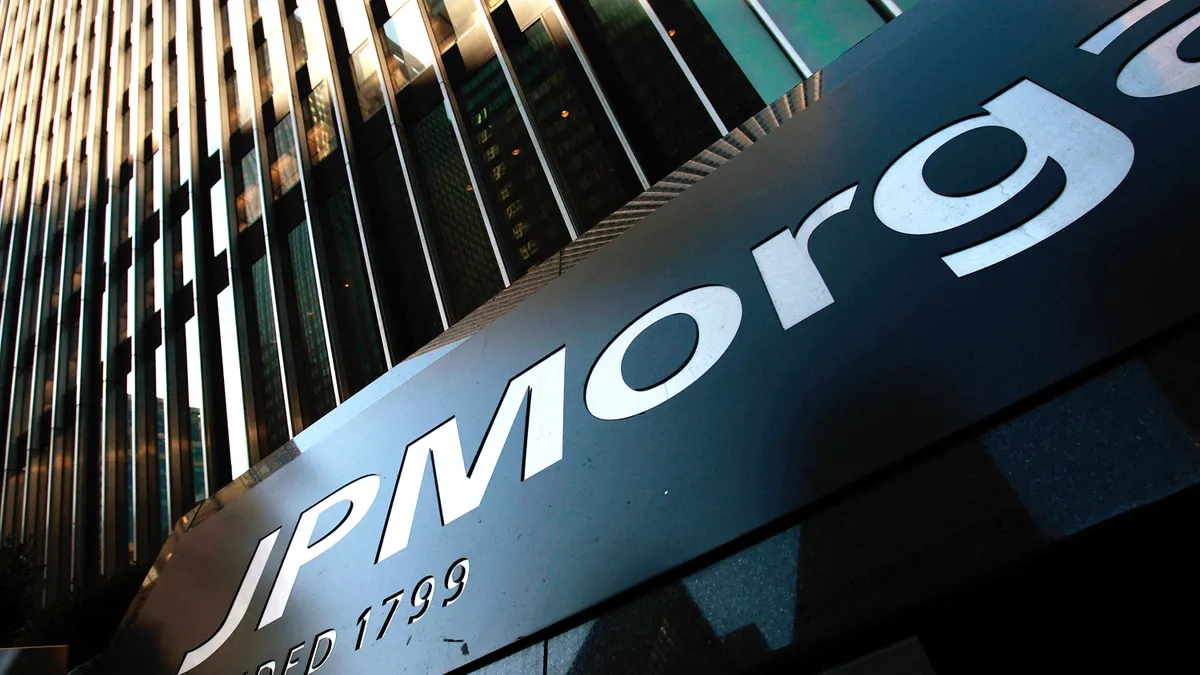Any viewer of soap operas might tell you that you don’t need to watch every episode to get the narratives. Junior analysts feel overworked. Banks are engaged in philosophical warfare over when, how often and indeed where employees may return to the office. (Sidebar: New York and London may be losing their cachet as the epicenter of everything.)
As the year’s first half — or act, if we’re being theatrical — gives way to its second, it seems this week is giving us (the viewers) a post-intermission recap of 2021’s bullet points in preparation for the show’s inevitable acceleration toward the final curtain.
The previous scene may have involved Morgan Stanley and JPMorgan Chase — banks that have been outspoken in their desire for employees to return to the office — cementing those plans. JPMorgan, viewers may recall, required its employees to log their vaccination status, similar to an effort Goldman Sachs and Wells Fargo have employed — except JPMorgan has said it will require workers — vaccinated or not — to return to the office starting Tuesday. Morgan Stanley has said it would bar unvaccinated employees — and even clients — from its offices starting July 12.
Banks, viewers may notice, engage in a push and pull of corporate philosophy. Either they quickly pile on an opinion with which they agree, or they pose a counter-argument. This week has seen plenty of fodder toward both aims.
Some comments are a retread of previously espoused viewpoints. Citi, the largest and perhaps most outspoken backer of the hybrid schedule — wherein employees would work at least three days a week from the office after the COVID-19 pandemic subsides, and as many as two days remote — said Wednesday its flexible schedule will give it a competitive edge in recruiting and retaining talent over the likes of JPMorgan and Goldman Sachs.
Synchrony, the nation's largest private-label credit card provider, said last October it would let all of its U.S. employees work from home permanently. It added Monday that, when employees return, they would not be allowed to work from the office five days a week.
Capital One announced Mondays and Fridays would be virtual workdays for the company. "Remote work is not a niche opportunity — it works at scale in the mainstream," CEO Richard Fairbank wrote in a memo seen Wednesday by American Banker.
The bank aims to reopen its U.S. offices on Sept. 7, but returning will not be mandatory — rather, "strongly encouraged," Fairbank wrote.
"At least through the end of this year, we recognize that some associates will have circumstances or concerns that may make it difficult to come into the office," he wrote in the memo.
Swiss lender UBS said this week it will allow up to two-thirds of its staff to work a hybrid schedule permanently. However, the bank defined "home" as one's "home country of residence and employment," and added that hybrid work "doesn’t mean that you can work wherever and whenever you want." Schedule flexibility will also be subject to manager approval, the bank said.
France's BNP Paribas said it would allow some bankers to work from home half of the time — perhaps two days in one week and three days in another, according to Bloomberg.
At least one financial institution — Lazard — took both a hard and soft stance on office returns, mandating that any employee working from its U.S. offices be fully vaccinated against the coronavirus by July 6, but saying that, starting in mid-September, North American financial advisory bankers and asset management staff could work from home on Mondays and Fridays, depending on client needs.
Another of this week's storylines concerns pay for junior bankers, which came into the spotlight in March, when a survey from more than a dozen Goldman Sachs first-year analysts detailed "inhumane" 100-hour workweeks. Several banks, including Wells Fargo and Bank of America, responded by boosting the pay of their own junior bankers by $10,000 to $25,000 a year.
JPMorgan took a different tack, saying it would hire more bankers, but this week said it, too, would raise — to $100,000 a year, according to Business Insider — the base pay for junior bankers.
Barclays, for its part, also said this week it would bump first-year analyst base salaries to $100,000, effective July 1, and give $15,000 raises to U.S. associates and $25,000 increases to vice presidents, Bloomberg reported.
And Citi said it will increase base salaries for vice presidents, analysts and associates by $15,000 to $25,000, effective July 1, according to the wire service.
In a callback to late last year, when Goldman Sachs openly flirted with moving its asset-management arm to South Florida, the bank found itself reportedly in advanced talks this week with developers for an expanded footprint in the Dallas area, where it already bases some employees.
It's not the only bank seeking a change of scenery. JPMorgan CEO Jamie Dimon went to Paris on Tuesday and rubbed elbows — or shook hands the old-fashioned way — with French President Emmanuel Macron as the bank opened a new trading center in the city in what may be a blow to London's status among European markets.
Barclays, too, consolidated its London presence this week. But don't cry too much for the British capital. It re-emerged in June as Europe's top share trading center for the first time this year, edging out Amsterdam.



















